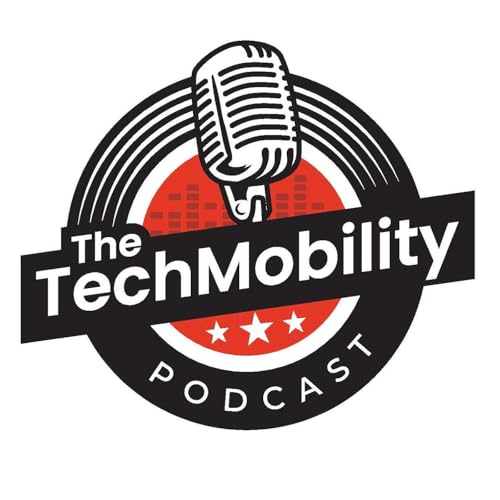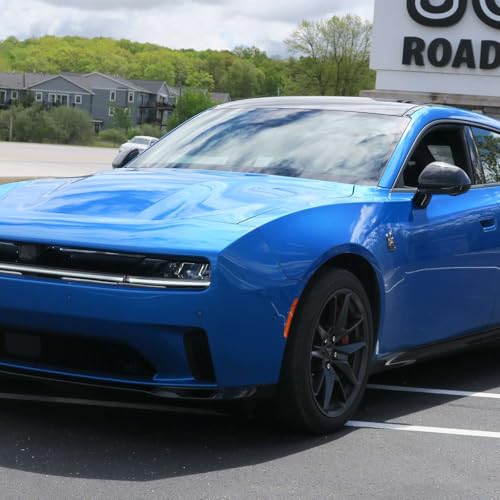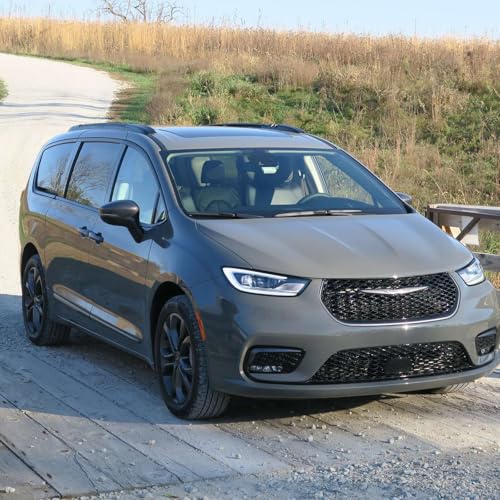Drop me a text and let me know what you think of this episode!
A city goes dark, and the smartest cars on the road freeze in place. We unpack the San Francisco blackout that stalled multiple Waymo robotaxis, asking the hard questions about fail‑safes, four‑way stops without signals, and how urban autonomy should behave when infrastructure collapses. We contrast tech stacks and claims across Waymo and Tesla, and we get specific about what accountability, transparent incident data, and municipal standards should look like if driverless fleets are to share streets with ambulances and school buses.
More than three years ago, we asked a difficult question: Can AI fight an “ethical” war? A 2023 white paper from the Future of Life Institute brings that question back with urgency, examining how artificial intelligence is beginning to intersect with nuclear weapons systems and decision-making.
In this episode, we break down the risks of faster, automated warning systems, compressed human decision time, and the potential for AI-driven errors or escalation. We also explore the paper’s policy recommendations and explain why global safeguards may need to move faster than the technology itself.
This isn’t science fiction—it’s a real policy debate happening now.
Next, we shift to another kind of resilience: the Buy It For Life mindset. Remember when a fridge lasted 25 years and a wrench came with a no‑questions lifetime swap? We explore why durability beats disposable upgrades, how right‑to‑repair and parts availability affect the total cost of ownership, and which design choices—modularity, service manuals, standardized components—turn products into heirlooms rather than e‑waste. If you’ve ever paid more and gotten less, this is your playbook for flipping the equation and investing once to save for years.
Finally, we head to Pescadero, California, where a 100% solar community microgrid with battery storage is being built to keep critical services online during storms and line failures. Schools, a fire station, and essential nonprofits serve as resilience hubs for residents, medications, and communication when the main grid fails. We discuss sizing, storage limits, and why community‑wide resilience is both a climate strategy and a public safety mandate. The throughline is clear: smarter defaults, longer‑lasting goods, and local energy can turn bad days into manageable ones.
If this resonated, follow the show, share it with a friend who cares about tech that works on the worst day, and leave a review with your take on AV fail‑safes and Buy It For Life must‑haves. Your feedback shapes what we dig into next.
Support the show
Be sure to tell your friends to tune in to The TechMobility Podcast!
 44 m
44 m 44 m
44 m 44 m
44 m 44 m
44 m Feb 10 202644 m
Feb 10 202644 m Feb 10 202643 m
Feb 10 202643 m 44 m
44 m 44 m
44 m
